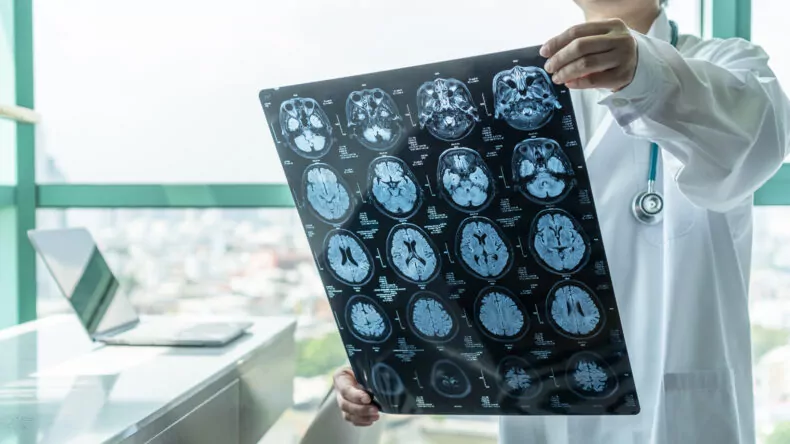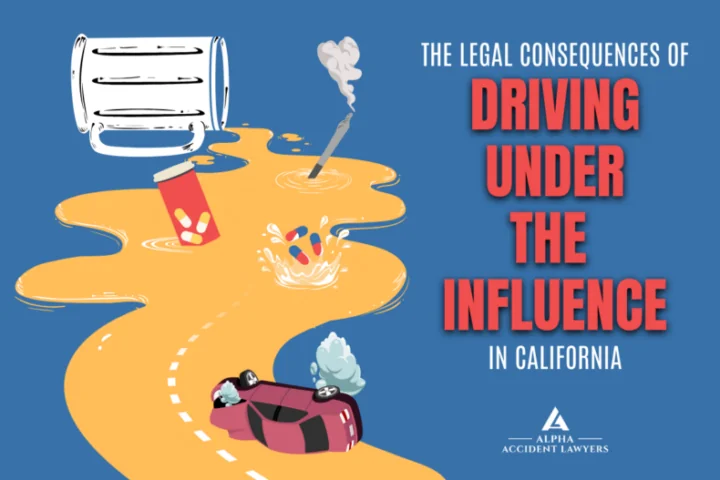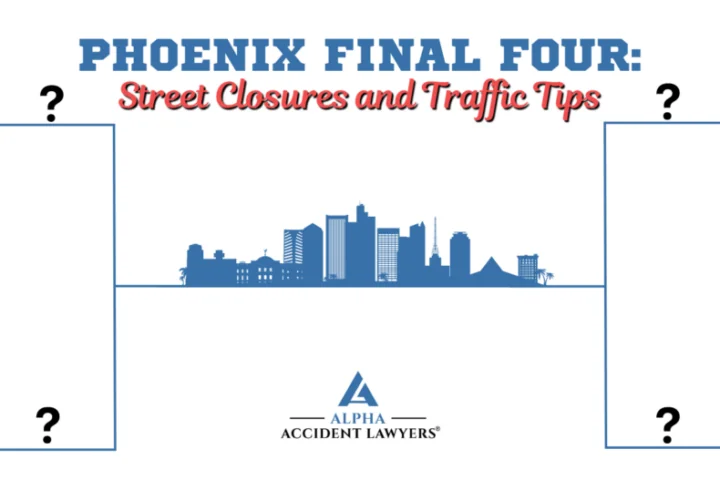Motor Vehicle Accident Injuries: Complications to Watch for and Treat
Car accidents can cause catastrophic injuries and are a leading cause of fatalities in the United States. 4.8 million Americans in 2020 sustained injuries after car accidents that required medical attention. The cost of treating those injuries totaled over $470 billion. One reason why these statistics are so high is that motor vehicle accident injuries can be complex. Some injuries may not be apparent right away, and they can be disabling.
What are the most significant complications and symptoms to look for? How should you get treatment for them?
Here is a guide on proactive steps you can take toward a full recovery after a car accident.
Bleeding
When people think about traumatic injuries, they often think about external bleeding. A car accident can cause significant bleeding if you cut your skin on glass or debris in your car.
However, you can also experience internal bleeding. For example, you can break a blood vessel in your chest if you strike your chest against your steering wheel.
At first, you may not have any symptoms of internal bleeding. But as time goes on, you may feel intense pain in the area where you are bleeding internally. You may start to feel cold and lightheaded, and you may not have any energy.
It may take hours for you to notice your injuries. By that time, you may have lost a significant amount of blood, which can lead to organ failure and death.
Internal bleeding is one of the most significant injury complications from a car accident. You must consult a physician if you experience sudden pain or lightheadedness. You may want a medical evaluation right after the accident to check for internal bleeding.
Chronic Pain
Chronic pain is one of the most complicated traumatic injuries. It can occur even if you have no apparent injuries after a car accident. You can experience pain in any part of your body, and you may become unable to work due to it.
One of the most common types of chronic pain is chronic whiplash. During a collision, your body may be thrown violently forward or to the side. Your seatbelt keeps your body in place, but your head and neck move, tearing soft tissues.
These tissues may not repair themselves, leading to throbbing or searing pain. You may develop headaches and lose sensation in your arms, which can make it hard to hold objects.
Whiplash is hard to diagnose because many people assume they tore a muscle or didn’t sleep properly. But it can last for months or years.
You should talk to your doctor if you have persistent neck pain. After your consultation, you should go to a physical therapist and try stretches that relieve your pain. Make sure to keep all documentation related to your therapy so you can get compensation from your insurer.
Traumatic Brain Injuries
You can sustain a traumatic brain injury without hitting your head or fracturing your skull. When your body is jolted violently your brain can move around inside your skull, causing brain cells to tear.
The signs of a traumatic brain injury may be immediately apparent. You may lose consciousness or your memory of what happened to you.
But it can take weeks for the symptoms to become prominent. You may not be able to concentrate or look at bright lights.
Your sleep patterns may change. You may become fatigued during the day, or you may fall asleep late into the night.
Traumatic brain injuries are the most significant untreated car accident injuries. You may become unable to coordinate your limbs, work, or speak. Some people die from their injuries, even weeks after the injury has occurred.
You should seek help from a neurologist if you believe you have a traumatic brain injury. Some people require surgery to remove blood clots in their brain and damaged tissue. Other people need rehabilitation therapy so they can walk, perform daily tasks, and talk properly.
PTSD
You may not sustain a physical injury from a car accident, but you can develop a psychological one. A 2018 meta-analysis of 15 studies found that 22.25% of car crash survivors develop post-traumatic stress disorder (PTSD).
You may have flashbacks or bad dreams about your accident. Situations like driving past a car accident or going near the site of your accident can trigger flashbacks. Despite having flashbacks, you may have difficulty remembering certain things about the accident.
You may also go out of your way to avoid reminders of your accident. You may even stop driving so you don’t get into another collision.
You may become startled or on edge, even by small things like a car horn. Your symptoms may cause you to develop negative thoughts about yourself and intense feelings of guilt.
Document your feelings and symptoms over time. It is okay to feel a little anxious while driving after an accident, but your symptoms should not impede your life. Speak to a psychiatrist if your symptoms last for more than a month or make it harder for you to work.
The Most Significant Motor Vehicle Accident Injuries
Motor vehicle accident injuries are worse than you can imagine. Internal bleeding can lead to organ damage and death. The aftereffects of whiplash can take place over months, making it hard to sit or stand for long periods of time.
Traumatic brain injuries can destroy your ability to think. PTSD can create debilitating psychological symptoms that make it difficult to sleep, work, and live life. Alpha Accident Lawyers helps car accident survivors get the care and compensation they need. Contact us today.






